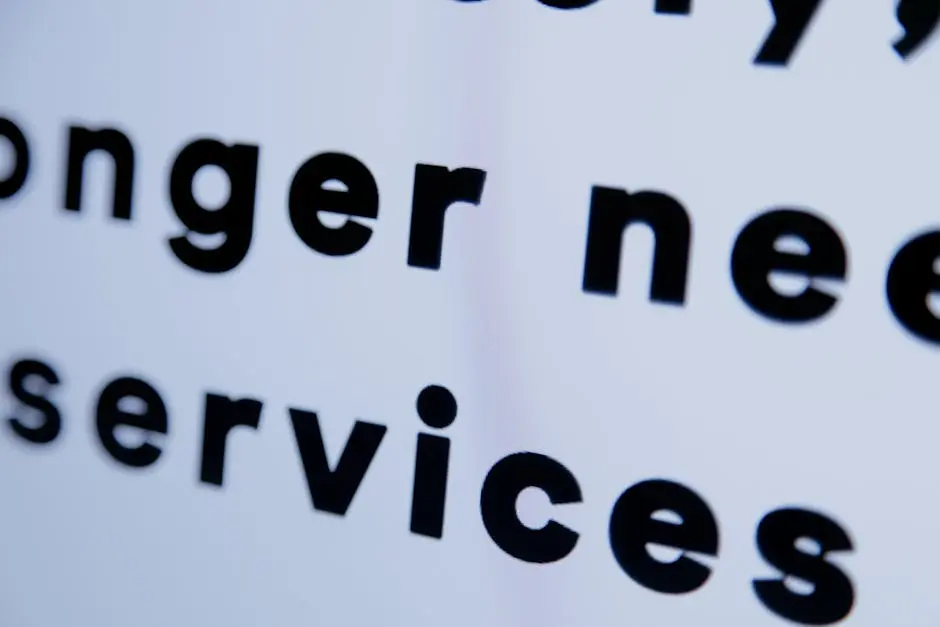10 Proven Tips for Unmatched Contract Translation Accuracy
Ensuring contract translation accuracy is vital for clear communication and legal compliance. This guide offers practical strategies to enhance the precision of contract translations, ensuring every detail is captured correctly.
1. Master the Source Contract
The cornerstone of contract translation accuracy lies in thoroughly understanding the source contract. Dive into its details to grasp fundamental agreements and legally significant terms. Pay close attention to clauses and conditions, as they often carry nuanced meanings.
Understanding the contract’s tone, intent, and legal implications enables you to convey the same message in the target language. Address any uncertainties about complex passages early to streamline the translation process.
2. Learn Legal Terminology
Legal jargon poses a significant challenge in achieving contract translation accuracy. Each jurisdiction uses specific terminology, and terms common in one region may be unfamiliar elsewhere. Invest time in mastering legal terms relevant to the contract’s field.
Leverage legal dictionaries, specialized websites, or translator forums to deepen your knowledge. Engaging with peers can provide insights that enhance your proficiency in legal terminology.
3. Recognize Cultural Contexts
Cultural influences shape contract language and structure, impacting contract translation accuracy. Different cultures approach contracts with varying formality and emphasis on terms. Understanding these nuances allows you to adapt translations to resonate with the target audience.
Cultural context can also affect phrase interpretation. For example, what signifies a fair agreement in one culture may differ in another. Researching the socio-cultural background ensures translations remain relevant and accurate.
4. Use Professional Translation Tools
Modern translation tools can boost contract translation accuracy and efficiency. Software designed for legal professionals often includes glossaries and phrase libraries tailored for contracts, ensuring consistency.
While these tools are valuable, avoid over-reliance. Always review automated translations to preserve legal meanings and context. Combining human expertise with technology yields the most accurate results.
5. Collaborate with Qualified Translators
Partnering with translators specializing in legal translation significantly improves contract translation accuracy. These professionals understand legal systems and bring proven experience to the table.
Team collaboration fosters diverse perspectives, enabling discussions that refine translation choices. This collective expertise ensures precise, high-quality translations.
6. Review and Refine Translations
A rigorous review process is essential for contract translation accuracy. Revisit your translation to check for spelling, grammar, and coherence. Ensure terms align with the original document’s context and meaning.
Enlist a colleague for a second review to catch potential oversights. This step ensures the translation is accurate and professionally polished.
7. Incorporate Expert Feedback
Engaging subject matter experts (SMEs) enhances contract translation accuracy. Their industry-specific knowledge clarifies regulations and terminology that may not be evident in the source contract.
SME feedback refines language choices and aligns translations with field expectations. Building relationships with experts can benefit future translation projects.
8. Ensure Consistent Terminology
Consistency in terminology is critical for contract translation accuracy and credibility. Create a project-specific glossary to maintain uniform use of technical terms throughout the contract.
Even minor variations in wording can cause misunderstandings in legal contexts. A well-maintained terminology database enhances the professionalism of your translations.
9. Understand the Target Audience
Tailoring translations to the target audience improves contract translation accuracy. Legal systems have unique cultural expectations, and adapting your approach ensures the contract resonates appropriately.
For example, use simpler terms for audiences accustomed to straightforward language, or maintain complexity for legally savvy readers. Knowing the audience guides strategic translation decisions.
10. Verify Compliance with Local Laws
Compliance with local laws is non-negotiable for contract translation accuracy. Jurisdictions have distinct legal requirements that impact the final document. Non-compliance can invalidate contracts or cause complications.
Research local legal standards thoroughly and consult legal professionals when needed. This diligence strengthens the translation’s credibility and ensures peace of mind.
By following these strategies, you can achieve contract translation accuracy, delivering precise, legally sound translations that meet the needs of all parties involved.
Dar Al Bayan Legal Translation in Dubai
Government-approved, Ministry of Justice certified legal translation services.
📍 Location: Office 209, CBD Building, Sharaf DG Metro Exit 1, Dubai, UAE
🌍 Languages: Arabic, English & 100+
📞 +971563502627
✅ Certified for judicial, immigration & government documents
Final Thoughts
Achieving contract translation accuracy is crucial for clear communication and legal compliance. By mastering the source contract, understanding legal terminology, recognizing cultural contexts, and ensuring compliance with local laws, translators can deliver precise and reliable translations. Partnering with trusted professionals, such as Dar Al Bayan Legal Translation, enhances this process. Their expertise in legal translation ensures that every clause is accurately conveyed, providing confidence in the final document. With these strategies and professional support, your translations will meet the highest standards of accuracy and professionalism.
Frequently Ask Questions (FAQ)
- Why is contract translation accuracy important?
Accurate contract translation prevents misunderstandings, legal disputes, and ensures that all parties clearly understand their obligations. - Who should perform contract translations?
Certified legal translators with experience in contracts and legal terminology are essential for precise and legally valid translations. - How can I ensure terminology consistency in contract translation?
Using glossaries, reference materials, and working with professional translators ensures that key terms remain consistent throughout the document. - Is machine translation reliable for contracts?
No. Machine translation may misinterpret legal terms and context, potentially causing costly errors. Human translators are necessary for accuracy. - What role does proofreading play in contract translation?
Proofreading by a second legal expert ensures that the translation is error-free, clear, and legally compliant. - How does cultural context affect contract translation?
Different legal systems and cultural interpretations can affect wording. Translators must adapt the content while maintaining legal intent. - Should contracts be certified after translation?
Yes. Certification ensures that the translation is recognized by courts, government authorities, and international business partners. - How can I manage complex legal clauses in translation?
Experienced translators break down complex clauses, research legal equivalencies, and consult legal experts when necessary. - What are the best practices for reviewing translated contracts?
Double-check legal terms, confirm alignment with original clauses, and have legal counsel review translations before finalizing. - Can accurate contract translation protect businesses legally?
Absolutely. Precise translation safeguards agreements, prevents disputes, and ensures compliance with international laws.
Contact Dar Al Bayan Today
📞 +971563502627 / +971562025071 / +97155565139
📩 Email: info@daralbayantranslation.com
📍 Location: 209, Commercial Bank of Dubai Building, Al Mankhool, Bur Dubai
Professional & Certified Translation Services in Dubai


